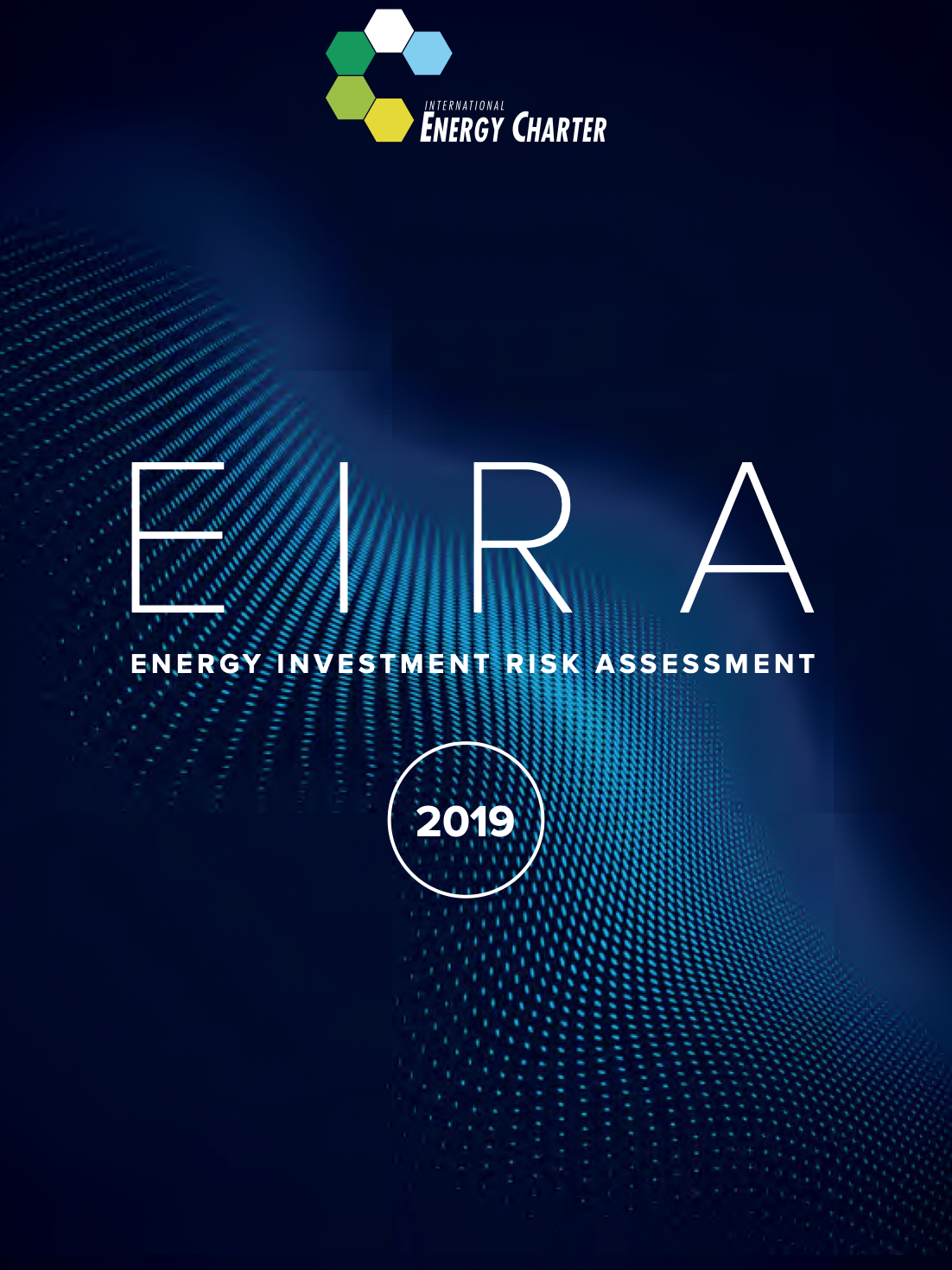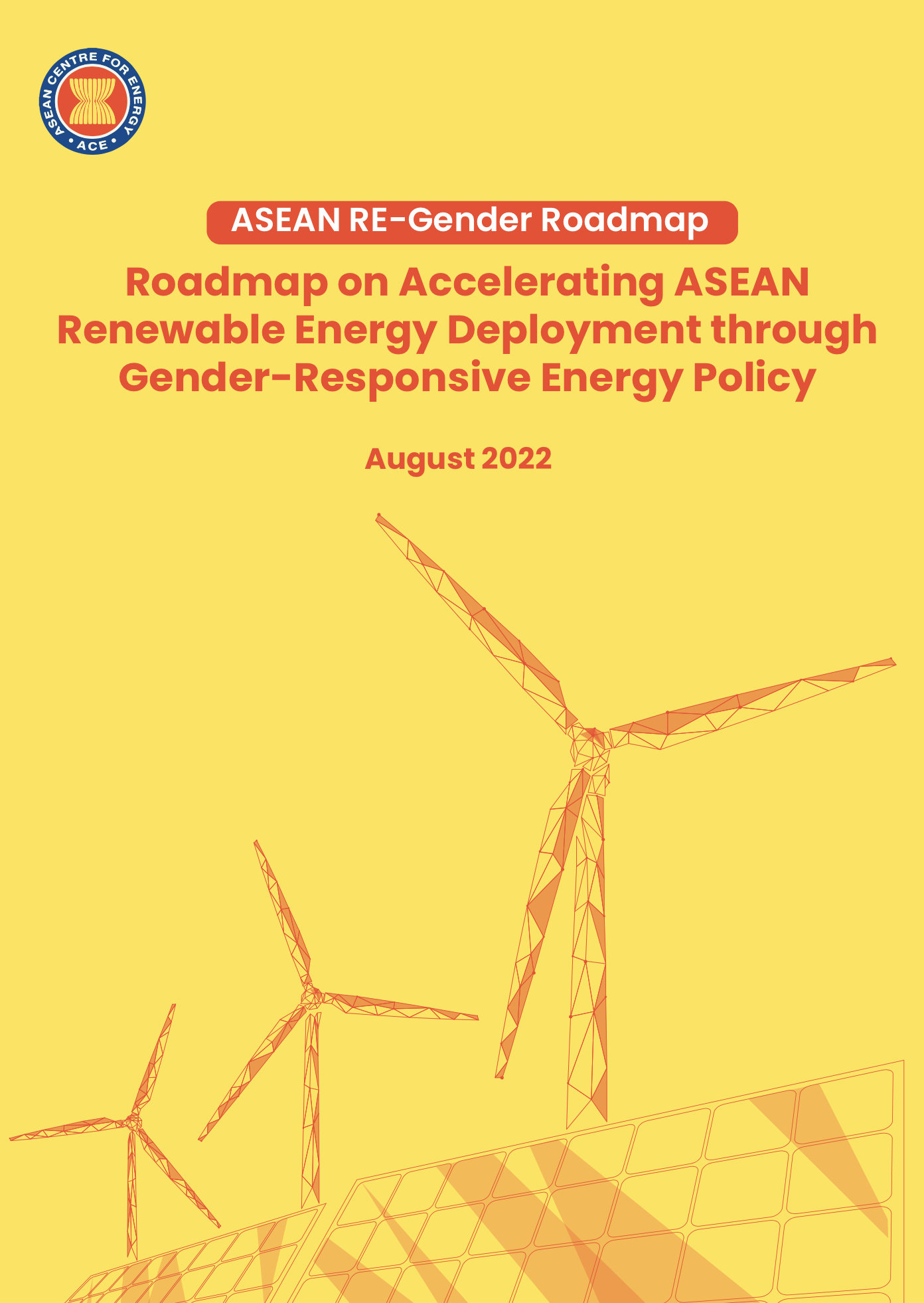Roadmap on Accelerating ASEAN Renewable Energy Deployment throughGender-Responsive Energy Policy
The role of the energy-gender nexus in the acceleration of renewable energy deployment in ASEAN remains under-explored. Current gender disparities severely impede the enhancement of women’s roles and opportunities in the renewable energy sector, and hinder women’s contributions to the energy transition. The gap between male and female labour force participation rates in ASEAN is quite significant. In 2020, ASEAN’s labour force participation rate was 82% for the total male population (333.2 million) and 67% for the total female population (334 million).
In addition to bringing attention to gendered issues and solutions at the renewable energy (RE) policy level, ASEAN is also attempting to support the achievement of its RE targets listed in the ASEAN Plan of Action on Energy Cooperation (APAEC) Phase II: 2021-2025 and to realise an inclusive and just energy transition as agreed at the 39th ASEAN Ministers on Energy Meeting (AMEM) Joint Ministerial Statement in 2021. These policies are also aligned with the 1988 ASEAN Declaration on Women’s Advancement and supporting policies among others, such as the ASEAN Declaration on Gender-Responsive Implementation and the ASEAN Gender Mainstreaming Strategic Framework 2021-2025.
Hence, ASEAN is developing this regional roadmap in order to incorporate a gender- responsive approach specifically relating to RE policymakers. There are several identified challenges: limited data and awareness about the connection between RE and gender which hinders a science-based approach to solve the issue; low job availability and unconducive social environments which are generally gender blind; educational, social and cultural norms that are not supportive; and limited access to finance.
Thus, this roadmap aims to chart a pathway which weaves women’s potential contributions into ASEAN’s emerging renewables market, creating a positive snowball effect which promotes gender equity, accelerates climate mitigation efforts and bolsters RE investments.
To develop the roadmap, the ASEAN Centre for Energy (ACE) organised two workshops with two different topics, namely, gender in the RE sector in general, and women entrepreneurship in the RE sector. A focus group discussion was also held to understand the current challenges and opportunities in developing the “Accelerating ASEAN Renewable Energy Deployment through Gender-Responsive Energy Policy Roadmap” or ASEAN RE-Gender Roadmap.
The Roadmap consists of four phases aimed at facilitating gender integration in RE policy development and implementation:
- Raising awareness and developing a database on gender in the RE sector
- Gender integration in policy design
- Monitoring and evaluation framework development
- Policy implementation and oversight



Recent Comments